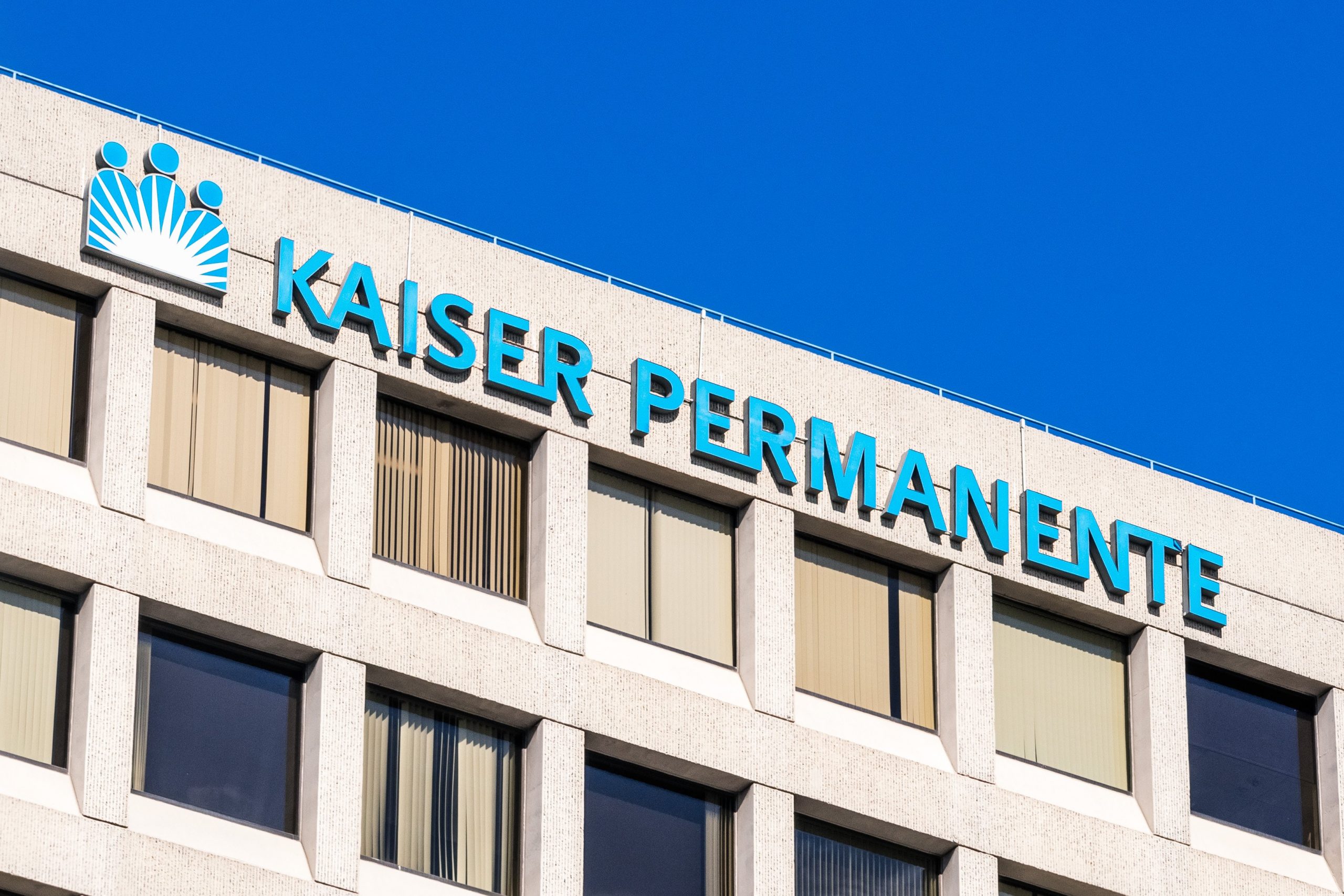
Kaiser Permanente and Mayo Clinic have announced a collaboration to allow more patients to receive acute level of care and recovery services in the comfort, convenience and safety of their homes. Beginning with significant strategic investments in Medically Home Group, a Boston-based, technology-enabled services company, Mayo Clinic and Kaiser Permanente seek to expand access to this unique model and encourage health systems and care providers to adopt it.
- Hospital Care at Home: Medically Home’s one-of-a-kind technology and services platform enables providers to address a significant range of clinical conditions at the higher end of the clinical acuity spectrum that are typically treated in traditional hospital settings, safely in a patient’s home. This includes routine infections and chronic disease exacerbation, emergency medicine, cancer care, acute level of COVID-19 care, and transfusions.
- Key Features: By building capacity to meet rapidly increasing demand while addressing regulatory and legislative barriers, the partnership will allow more patients across the US to safely receive high-quality acute and restorative care in their homes. Key features of Medically Home’s virtual and physical care delivery model include a 24/7 medical command center staffed by an array of clinicians and an integrated care team in the community who deliver care to patients at their bedside.
- Lower Recurring Hospitalization : One of the demonstrated positive results is that patients hospitalized using the Medically Home model have a lower need for recurring hospitalization at 30 and 90 days following a care episode. Gianrico Farrugia, MD, president and CEO of Mayo Clinic, said, “Our partnership with Kaiser Permanente and Medically Home will create the next generation of patient-centric, compassionate health care that seamlessly integrates advanced technology with clinical expertise.”
- Increasing Health System Capacity : Both Mayo Clinic and Kaiser Permanente are successfully using Medically Home’s scalable care delivery model today for their patients, and the number of patients cared for using this model continues to grow. The broad spectrum of clinical applications that can be addressed with this model unlocks an additional site of care ― a patient’s home ― increasing health system capacity and resiliency, while meeting the needs and wants of patients who prefer to be cared for at home or at a homelike setting.
- Wide Range of Partners: In addition, nonprofit organizations, such as Adventist Health, ProMedica and UNC Health, use Medically Home’s model of care. Medically Home also partners with Massachusetts General Hospital Cancer Center in their randomized clinical trial of supportive oncology care in the home. The group is also working with partners including Huron and Cardinal Health. Medically Home estimates that 30% of hospitalized patients can benefit from the model.


